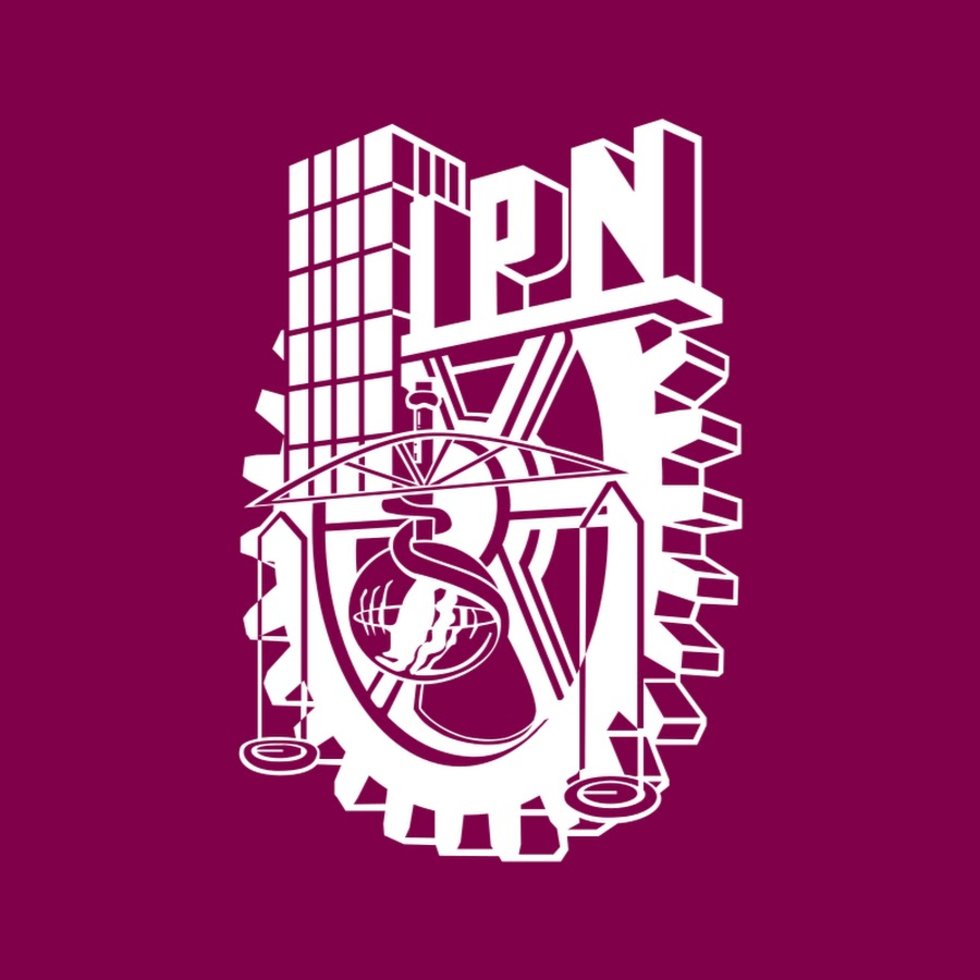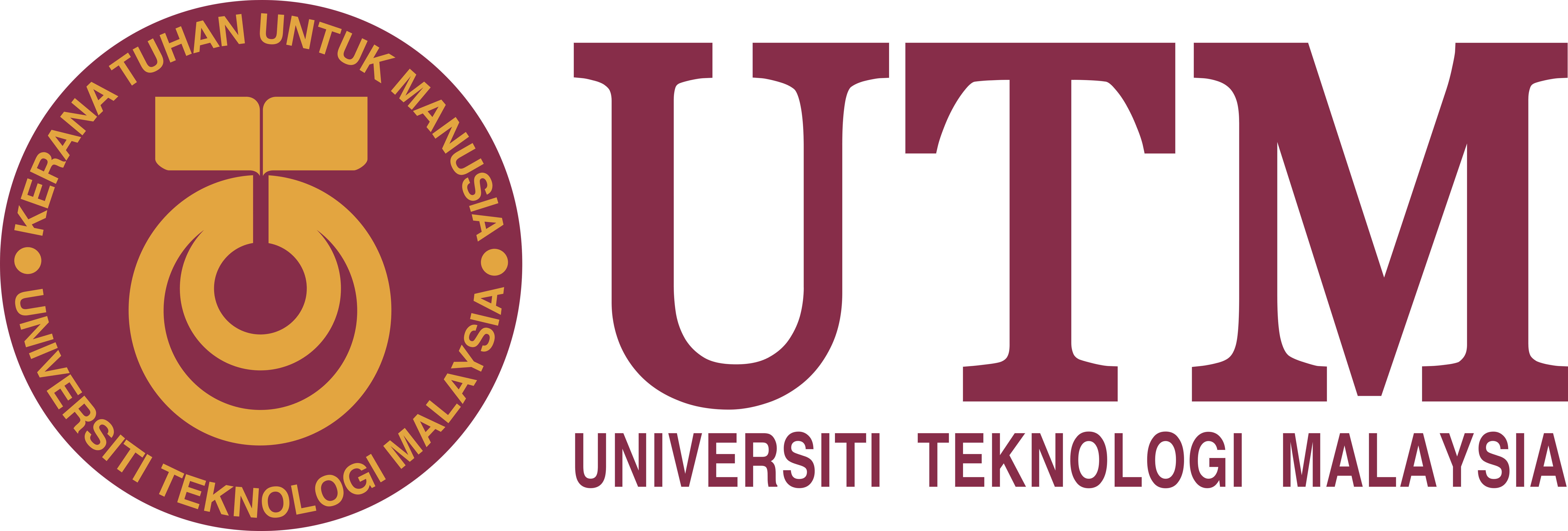SOMET 2024
SOMET 2024:The 23th International Conference on Intelligent Software Methodologies, Tools, and Techniques
IPN, Cancun, Mexico
| September 24-26, 2024
Keynote Speakers

About Trustworthy Artificial Intelligence
Enrique Herrera-Viedma
University of Granada, Spain
Abstract
Trustworthy Artificial Intelligence (AI) is based on seven technical requirements sustained over three main pillars that should be met throughout the system’s entire life cycle: it should be (1) lawful, (2) ethical, and (3) robust, both from a technical and a social perspective. However, attaining truly trustworthy AI concerns a wider vision that comprises the trustworthiness of all processes and actors that are part of the system’s life cycle, and considers previous aspects from different lenses. A more holistic vision contemplates four essential axes: the global principles for ethical use and development of AI systems, a philosophical take on AI ethics, a risk-based approach to AI regulation, and the mentioned pillars and requirements. The seven requirements (human agency and oversight; robustness and safety; privacy and data governance; transparency; diversity, non-discrimination and fairness; societal and environmental wellbeing; and accountability) are analyzed from a triple perspective: What each requirement for trustworthy AI is, Why it is needed, and How each requirement can be implemented in practice. On the other hand, a practical approach to implement trustworthy AI systems allows defining the concept of responsibility of AI systems facing the law, through a given auditing process. Therefore, a responsible AI system is the resulting notion we introduce in this work, and a concept of utmost necessity that can be realized through auditing processes, subject to the challenges posed by the use of regulatory sandboxes. Our multidisciplinary vision of trustworthy AI also includes a regulation debate, with the purpose of serving as a entry point to this crucial field in the present and future progress of our society.
Biography: Enrique Herrera-Viedma is Professor of the Dept. of Computer Science and Artificial Intelligence at the University of Granada (UGR) and he is currently serving as Vice- Rector for Research and Knowledge Transfer at the UGR. He is Fellow IEEE and Fellow IFSA and Doctor Honoris Causa by Oradea University. He was Vice-President (VP) for Publications in IEEE System Man and Cybernetics Society and now he is VP for Cybernetics, one of the founders of the IEEE Trans. in Artificial Intelligence, and Highly Cited Researcher by Clarivate Analytics in Computer Science and Engineering in 2014-2023. He has published more than 350 papers in JCR journals, his h-index is 121 in Google Scholar (>65000 citations) and 92 in WoS (>35000 citations). In 2013 he published in the prestigious journal SCIENCE about the new role of digital libraries in the era of the information society. He is a member of the panel of experts of the national project evaluation agencies in Portugal, Switzerland, France, and Kazastan; and Member of the European Committee of Experts for the evaluation of strategic information infrastructure projects in Europe (ESFRI- European Strategy Forum on Research Infrastructures), since November 2017. He has also been guest lecturer in plenary lectures and tutorials in multiple national and international conferences related to Artificial Intelligence such as: 4th Int. Workshop on Preferences and Decisions, 2003, Trento (Italy); Modeling Decision for Artificial Intelligence. 2004, Barcelona (Spain); AGOP 2005, Lugano; 4th EUSFLAT & 11th LFA Conference, Barcelona, 2005; Third Int. Workshop of Artificial Intelligence ; ESTYLF 2010, Huelva; ; Int. IEEE Intelligent Systems 2014, Poland; IEEE SMC 2014; EUSFLAT 2017, Poland; SOMET 2017, Japan; PIC 2018, Nanjing, China; BAFI 2018, Chile; IPMU 2018, Cadiz. He .is Associated Editor in several AI journals like IEEE TFS, IEEE ITS, IEEE TSMC-Syst, Knosys, ASOC, Fuzzy Opt. and Decision Making, Information Sciences, Soft Computing.

Sign Language Communication System in Japan
Hiroki Takahashi
University of Electro-Communications, Japan
Abstract
In Japan, the law on information security for disabilities was enforced in 2022 to realize a society that enables people with disabilities to acquire and use information appropriately, and to communicate smoothly. Deaf and Hard of Hearing (DHH) are, however, still forced to live with communication difficulties since the current social system is unconsciously based on the hearing person. This talk introduces Sign Language Communication System in Japan based on Information Technologies (IT) and our proposed Japanese Sign Language Communication System to support communication between DHH and hearing person. Indeed Sign languages in Japan include Japanese Sign Language (JSL) and Signed Exact Japanese (SEJ), and Contact Sign Japanese (CSJ) which is a mixture of JSL and SEJ. Although JSL, a visual language, is the mother language for DHH, its grammar is quite different from that of Japanese, a spoken language. Moreover, the grammar required for translation is not yet fully cleared. On the other hand, SEJ, in which each word in spoken Japanese is replaced by a signed word, is relatively easy to translate comparing with JSL translation using conventional speech recognition and machine translation techniques. We have proposed a bidirectional communication system via text between SEJ and speech, and are providing a trial system to local governments for social implementation. I also briefly introduce our current approach for CSJ translation.
Biography: Prof. Hiroki Takahashi received the B.E. and the M.E. degree from the Tokyo Institute of Technology, Tokyo, Japan, in 1990 and 1992, respectively. He suspended the doctor course in 1994. Since 1994 he has been with the Graduate School of Information Science & Engineering, Tokyo Institute of Technology, Tokyo, Japan as Assistant Professor. He belongs to the University of Electro-Communications (UEC) from 2006 as Associate Professor, and now he is Professor at Department of Informatics, Graduate School of Informatics & Engineers. He is a member of Artificial Intelligence eXploration Research Center (AIX) and Meta-Networking Research Center (MEET) in UEC. Dr.(Eng.). His fields of interest are visual computing including computer vision, image processing, augmented reality, computer graphics and machine learning.

Leveraging AI and Machine Learning in Industrial Applications for Enhanced Operational Performance: opportunities and open issues.
Guido Guizzi
University of Naples Federico II, Italy
Abstract
The advent of Industry 4.0 has revolutionized the manufacturing sector, creating interconnected, dynamic, and data-rich environments. This talk explores the application of Industrial Machine Learning (I-ML) examining both the challenges and future opportunities. It underscores the importance of achieving sustainable, reproducible, and reliable performance in industrial applications and discusses strategies for overcoming barriers to ML adoption in the industry. The presentation aims to promote a discussion on the industrial relevance of effectively applying AI techniques for making operational decisions.
Biography: Guido Guizzi is an Associate Professor in the Department of Chemical, Materials and Production Engineering at the University of Naples Federico II. He has the title of Aggregate Professor in 2012. His current research interests include: modelling and simulation of stochastic systems, Supply Chain Management, and Operations Management, Logistics, Six Sigma. He obtained his PhD in Aerospace Engineering, Naval and Quality (University of Naples Federico II – Italy) in 2006. He has successfully collaborated with industry and academia, authoring more than 60 peer-reviewed research publications. He has been involved in several projects funded by companies. His email address is g.guizzi@unina.it.










